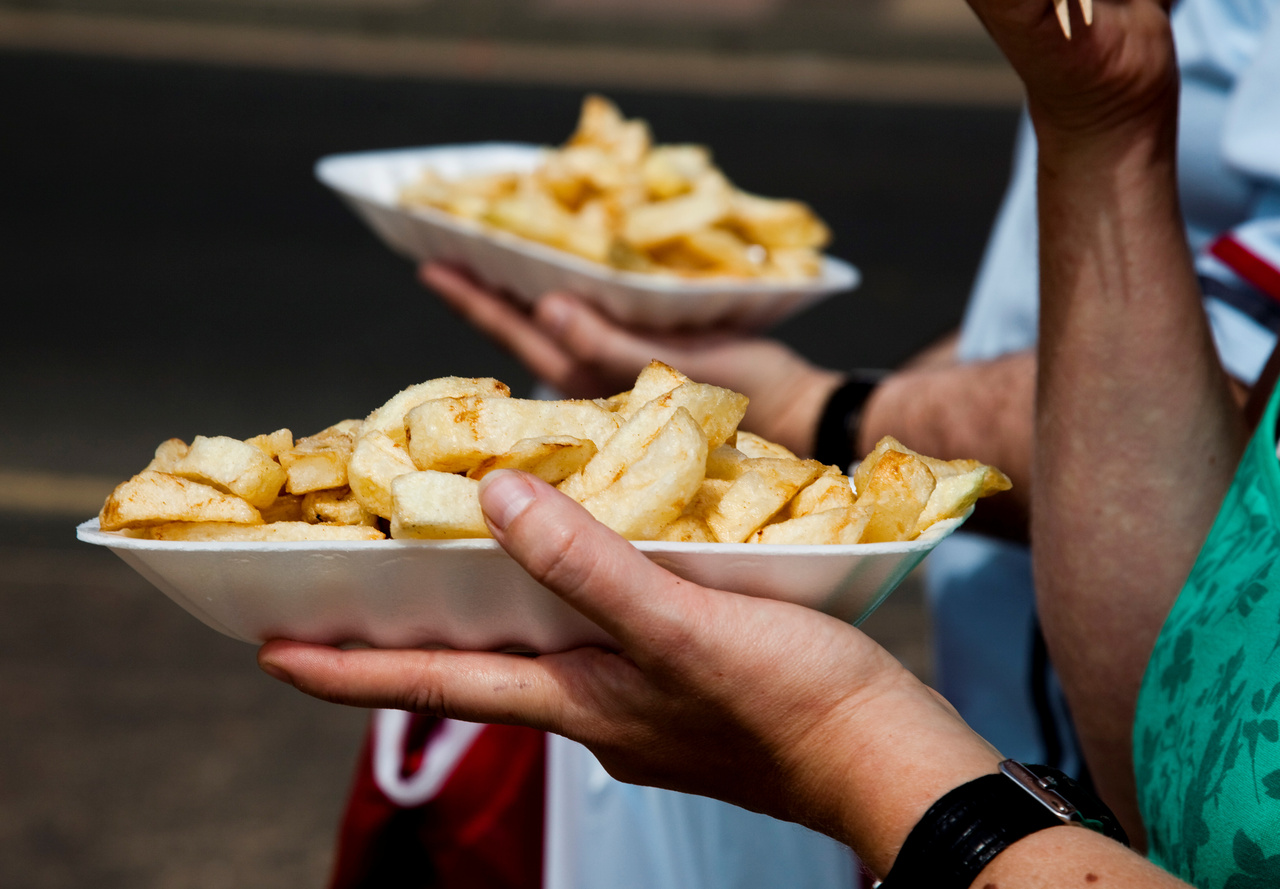UK fights obesity with ad bans, more calorie labels
Sign up now: Get ST's newsletters delivered to your inbox

Plans include banning the advertising of foods high in fat, sugar or salt on television and online before 9pm.
PHOTO: REUTERS
LONDON (BLOOMBERG, REUTERS) - The UK imposed strict new limits on junk food advertising as ministers seek to control the country's growing obesity problem, which has also been identified as a factor in coronavirus deaths.
Under the "Better Health" campaign unveiled on Monday (July 27), the government said it would tackle the "obesity time bomb" by banning advertising of foods high in fat, sugar and salt on television and online before 9.00pm. and ending "buy one get one free" deals and putting calories on menus.
It would also end buy-one-get-one-free promotions on sugary treats and require calorie labels on more products in stores as well as in restaurants.
It's starting a consultation on putting calorie counts on alcoholic beverages.
"Losing weight is hard, but with some small changes we can all feel fitter and healthier," Prime Minister Boris Johnson said in a statement.
"If we all do our bit, we can reduce our health risks."
The curbs pile more pressure on food, retail, advertising and media industries already suffering from the economic lockdown imposed to control the coronavirus pandemic, with thousands of jobs under threat.
They're also a change of tack for Johnson, who's previously complained about "nanny state" meddling in the lives of ordinary people.
But the pandemic and his own brush with death in April persuaded him of the need to act on obesity.
In a video clip on Twitter, Johnson said: "I've always wanted to lose weight for ages and ages and like many people I struggle with my weight, I go up and down."
"But since I recovered from coronavirus I have been steadily building up my fitness."
"I'm at least a stone down, I'm more than a stone down but when I went into ICU (intensive care) when I was really ill, I was way over weight ... and, you know, I was too fat," he said, adding that he hoped the new campaign was not "excessively bossy or nannying".
Advertising trade body ISBA said it was "deeply disappointed" by the announcement, saying in an emailed statement that it "will cost families more at the checkout, denies small businesses the targeted local online advertising on which they now rely, and risks jobs at a time when government has elsewhere shown them support."
Almost two-thirds of British adults are overweight and one in three children leave primary school weighing too much, the health department said.
Being too heavy also puts people at greater risk from coronavirus and places additional strain on the National Health Service.


